The Problem with Prequels
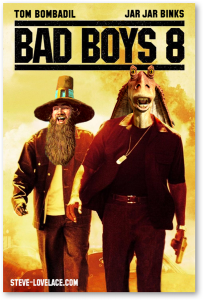
I’d like to imagine all of the most hated sci-fi/fantasy characters in a movie together, maybe some kind of “buddy cop” film.
We live in an age of fictional universes. It’s no longer cool to write a self-contained story. Instead we like to geek out at extended franchises, like the Star Wars or Marvel universes. Even outside of the summer “tent pole” movies, we’re crazy for crossovers, sequels and spin-offs. But there is one word that sends fans into a panic: “prequel”. Recently I got to thinking, are there any good prequels? I’m sure there are, but I can’t think of any off the top of my head. Why do prequels usually suck, and why do people keep making them. Let’s take a look.
The Rise of Fictional Universes
Expanded universes are profitable. They come with built-in settings and characters, and more importantly, they come with built-in fan bases. If you create an entirely new sci-fi universe, you’ve got to get the word out to people, who then have to invest their time getting to know a whole new cast of characters and backstory. On the other hand, if you can set a story in the Star Wars or Star Trek universe, people will flock to it based on the name alone. But this comes with its own set of problems. Fans want to see more of what they love. Once people get a know a cast of fictional characters, they want to know more about where these characters come from. This is where prequels come in.
The Temptation of Prequels
Sequels are tough. The best stories wrap up with a nice ending, so the sequel often feels “tacked on”. Spin offs are tough, too. Even if you’re not creating a fictional universe from scratch, it can be tough to get people invested in a new cast of characters. This is why prequels are so tempting. It can be fun to delve deeper into the backstory of an established character, figuring out the “why” of the original story. But there’s also a big trade-off involved. The audience already knows how everything is supposed to end.
The Weight of Canon
The rise of fictional universes has led to an emphasis on “canon”. Originally a religious term, canon represents the true, official story and setting. As a fictional universe expands through sequels, prequels, crossovers and spin-offs, the weight of this canon becomes a hindrance to storytelling. Writers get around this by rebooting franchises and creating alternate universes, but in doing so, they often destroy the original canon that made the franchise so popular in the first place.
I don’t think it’s impossible to make a good prequel, but it’s a tall order for sure. Sequels can be hard to write, but since they move forward, rather than backward, they seem a lot more natural. If I never watch or read another prequel, that would be just fine with me.
Can you think of any good prequels? Let me know in the comment section.
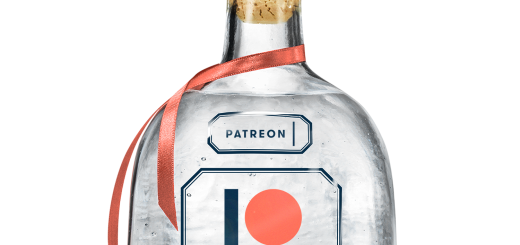
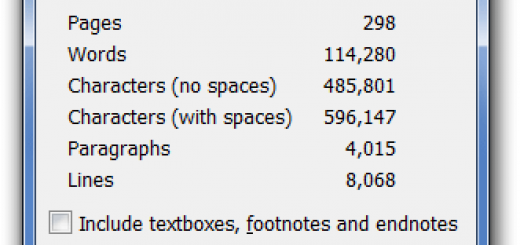
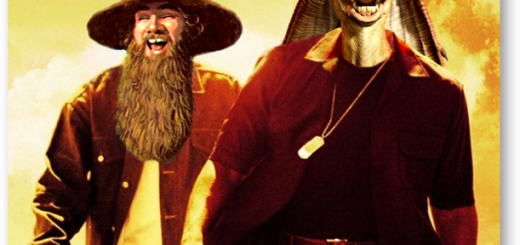
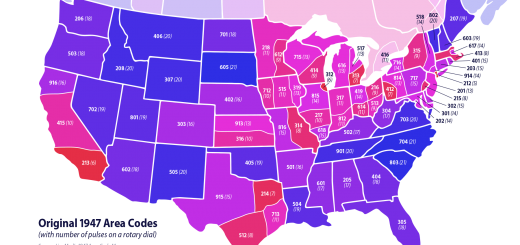

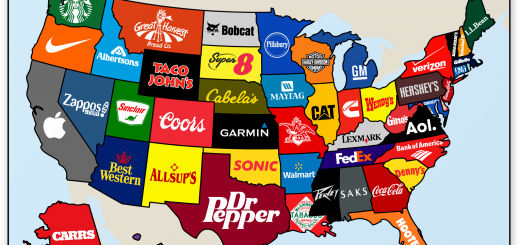
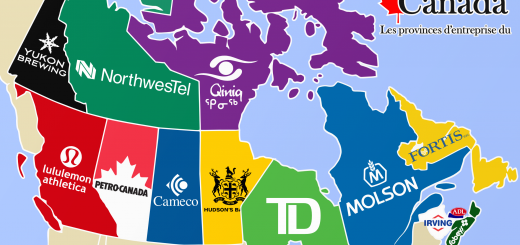
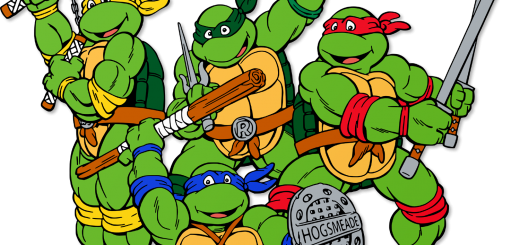
2 Responses
[…] sci-fi novels. I’ve read them all, including all of Frank Herbert’s originals and the prequels and sequels by Brian Herbert and Kevin J. Anderson. So I was excited when the latest book in the […]
[…] that Lucas is a victim of this temptation. But after so many years of fan criticism over various prequels and sequels, he has finally realized that he’s gone as far with the franchise as he can go. […]